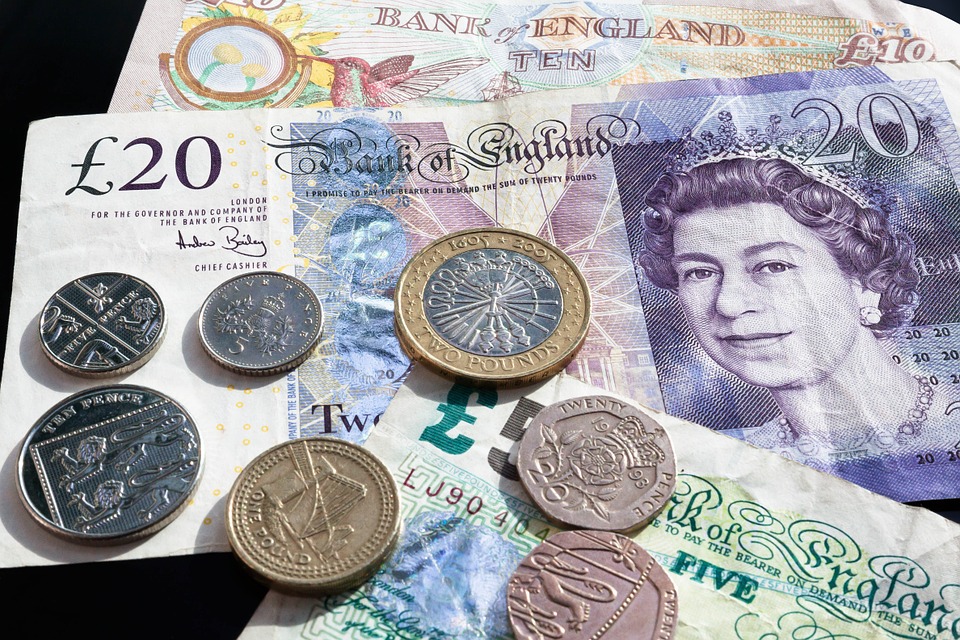Sterling dips as risk currencies' rally pauses
Against the euro, the pound was down 0.07% at 84.31 pence . While there is a strong consensus about the BoE being the first major central bank to raise interest rates in the post-pandemic cycle, a poll of economists by Reuters showed the first hike could come only early next year, later than markets are pricing in.

Sterling dipped below one-month highs on Thursday, tracking a similar move in risk-oriented currencies that lost some momentum against the dollar after a rally fuelled by rising prices for commodities. The pound has risen about 3% against the dollar since late September, on the back of expectations of an imminent interest rate hike by the Bank of England.
A dip in September inflation is seen unlikely to stop the Bank of England from raising interest rates soon. "BoE tightening expectations have surged, with the first hike now fully priced for the November 4th (BoE) meeting", ING analysts said in a note.
The pound was down 0.17%, at $1.3799 at 0830 GMT, slightly below a one-month high of $1.3834 reached on Tuesday. Against the euro, the pound was down 0.07% at 84.31 pence.
While there is a strong consensus about the BoE being the first major central bank to raise interest rates in the post-pandemic cycle, a poll of economists by Reuters showed the first hike could come only early next year, later than markets are pricing in. A batch of disappointing data for economic growth and employment could potentially weaken the pound as it could lead BoE policymakers to a 'wait and see' strategy and delay a decision about interest rates.
Some analysts also believe sterling's ascent in recent weeks has been slowed by post-Brexit trading fears, supply chain bottlenecks, and resurgent COVID-19 infections. Britain's cases could rise to 100,000 a day, health minister Sajid Javid said on Wednesday but added that no further contingency measures were about to be implemented at this time.
However, some positive news came on Thursday morning for the British government which will present its budget forecasts on Oct. 27. Data showed British public borrowing fell by almost half in the first six months of the current financial year from a post-World War Two high a year earlier when the economy faced the full force of the COVID-19 pandemic.
(This story has not been edited by Devdiscourse staff and is auto-generated from a syndicated feed.)
- READ MORE ON:
- Sajid
- Bank of England
- British
- post-Brexit
- Britain










